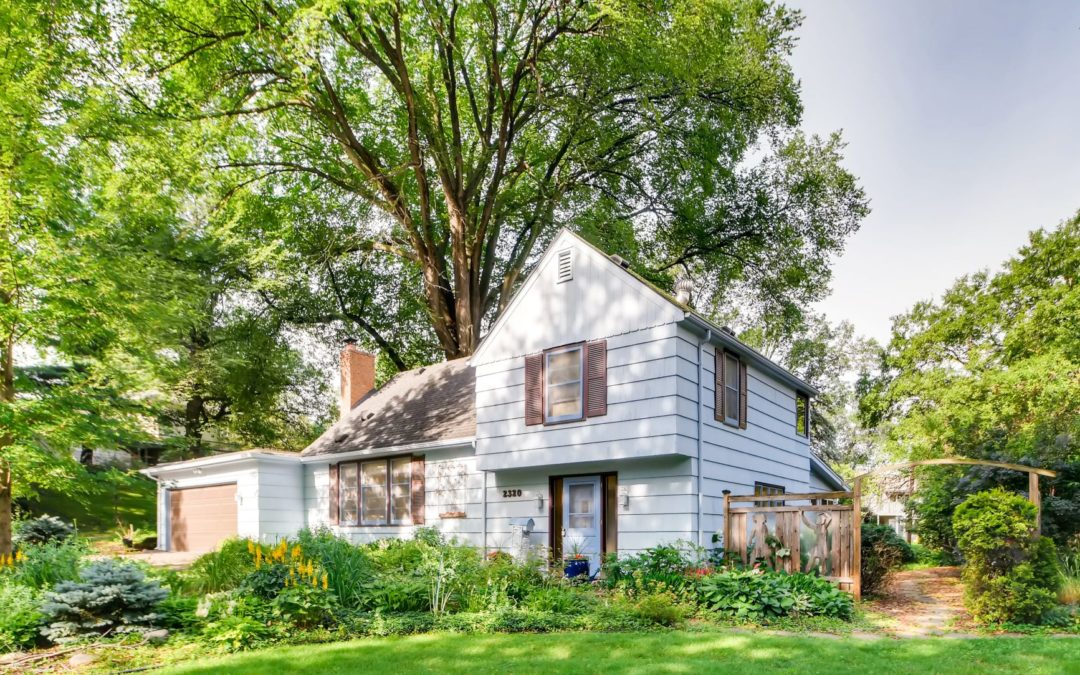As you prepare for retirement, you might want to reconsider your living arrangement. Do you own your own home – a single-family house, duplex, townhouse, or condo? Do you rent an apartment? How long have you lived there? How attached are you to this home?
When you no longer commute to a job, you could live anywhere, at least in theory. You may start asking a variety of questions about:
- the right size house to own if children no longer live there. Perhaps you can take some equity out of the house so that you can invest it to produce more income to live off.
- the optimal climate to live in.
- the distance to live from (grand)children, parents, other relatives, or friends.
Staying in your own home may make the best sense. And why not? It is substantially easier to continue having the same activities with the same family and friends in the same location than it would be to start over. If you stay put, you can change your life without changing your location.
If you love to garden—this could be a time when you really have time to work in the garden. If your house is “too large”—you could use some of the extra space for your hobbies—or for entertaining your grandchildren or other guests. You have spent time fixing up your home—this could be your best time to enjoy it.
Furthermore, if you stay, you do not have to go through the process of moving. Moving requires going through all of your stuff, deciding what to keep, give away, or sell. Packing is a huge job. And if you downsize and move to a smaller place, there are a million tough decisions.
One reason people move after retirement is that they are concerned about health needs—present and future. If you are looking ahead to a time when your capabilities become diminished, there can be challenges for living in your current home. For example, if your home has multiple levels and stairs—there might come a time when you won’t be able to negotiate stairs. Would you feel isolated in your current home? Do you have relatives, friends, or neighbors who would help you if you were ill or disabled?
If you are in your mid-sixties or early seventies and in reasonably good health, the issue of future disability might not be a consideration—at least for now. Here is what you might do to feel and be secure and to be functioning at a high level in your own home, even as you face the challenges of aging.
Make sure that you are comfortable using a computer and your smart phone. Here is how they can help.
- Getting around if you are not able to drive. There are now Uber and other ride hailing services that you can call on your smart phone.
- Ordering food and most retail products over the internet to be delivered to your home. There are firms that will pick up and deliver your laundry.
- Socializing by talking to people at a distance through telephone, email, Skype or Facetime.
- Robots contain computers. They can be programmed to clean your floors and even provide companionship.
Keep up your health.
- Modify your home to prevent falls. There are devices you can install. You can reduce the reliance on steps if needed. If you are not sure what to do, there are professionals who can help. A new professional degree in this area is the CAPS, Certified Aging-in-Place Specialist.
- Use home health aides when appropriate. They can monitor health and dispense medications and treatments as needed.
- When you are home alone, keep a device at hand that will summon help if you fall or are in danger.
In my next blog, I’ll address the reasons why you might consider moving before or in early retirement.

